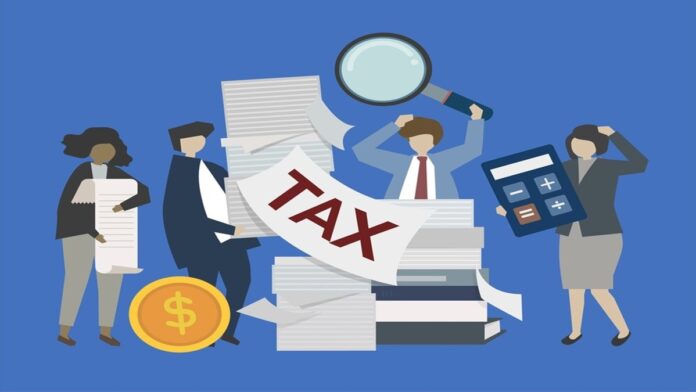While the Income Tax Bill, 2025 has consolidated the tax laws governing non-profit organisations (NPOs), tax experts have sought more clarity on the criteria for these entities to qualify for tax concessions.
The new Bill seeks to explain ‘permissible commercial activities’ for registered NPOs – a feature which was absent in the extant I-T Act, 1961, to allow NPOs to operate with greater certainty in undertaking commercial activity and reduce litigations. However, experts call for the necessary FAQs (frequently asked questions) and rules on what constitutes ‘permissible’ and ‘non-permissible commercial activities’ to help NPOs better align their activities to meet legal requirements.
ALSO READIndians are spending more on gaming than dining out – Here’s why
Additionally, experts feel that while the new I-T Bill provides the list of permitted investment modes for NPOs in Schedule XVI–which is similar to the modes present in the extant Act–the government should be empowered to modify the list from time to time, through issuing a notification rather than bringing an amendment into the principal law.
The new Bill stipulates that registered NPOs cannot engage in commercial activities unless they are incidental to the organisation’s objectives, experts said. According to the Bill, ‘commercial activity’ includes any trade, commerce, or business conducted in exchange for a cess, fee, or other consideration.
“While the current law also contains a similar provision, what will constitute a ‘business’ is not free from doubt in the new Bill,” said Raghav Kumar Bajaj, counsel, Khaitan & Co.
There are two important frontiers that a charitable institution has to pass to be eligible for the tax benefit: not-for-profit purpose; and specified activities or any activity for the advancement of any object of general public utility.
While testing the first part is a straightforward exercise, the law as it stands today and the new Bill do not provide any objective criteria or yardstick for the tax officers to determine if an activity crosses the second frontier, experts reckoned.
“In most cases, the tax officer may not be qualified enough to make an objective assessment of the activity being carried out by the charitable trust, which often results in unnecessary litigation,” said Vishwas Panjiar, partner, Nangia Andersen.
“The government should introduce objective criteria like mandating social audits to assist the tax department in forming a reasoned opinion,” Panjiar added.
» Read More


